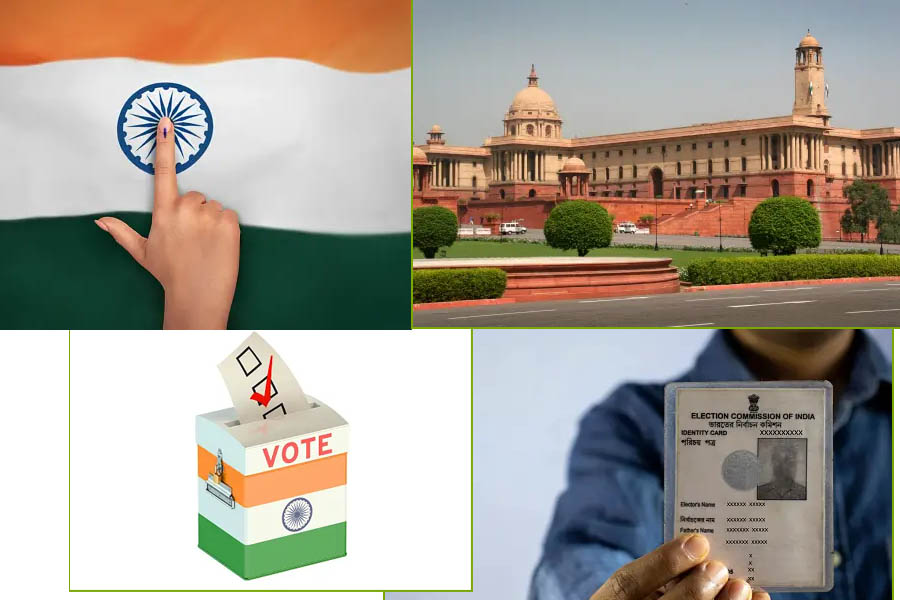
The anticipation is palpable as India gears up for the commencement of the 18th Lok Sabha elections, scheduled to kick off on April 19. With the Election Commission of India unveiling the election dates, the nation is abuzz with excitement for the democratic spectacle that lies ahead. Set to unfold in seven phases, spanning from March 20 to June 1, this electoral extravaganza promises to be nothing short of extraordinary.
A total of 5.5 million electronic voting machines (EVMs) will be deployed across the country, facilitating the exercise of the citizens' fundamental right to vote. The culmination of the 17th Lok Sabha on June 16, 2024, sets the stage for this momentous event, marking the transition to a new era of governance and representation.
Let's delve into the intricate details of the electoral process. Spread across the seven phases, voters from diverse states and union territories will cast their ballots, shaping the future trajectory of the nation. From the picturesque landscapes of Arunachal Pradesh to the bustling streets of Uttar Pradesh, the democratic fervor will sweep across the length and breadth of the country.
In the first phase, voting for 102 seats in 21 states will take place, symbolizing the democratic spirit ingrained in every corner of the nation. The subsequent phases will witness a similar fervent participation, with each phase bringing new states and constituencies into the electoral fold.
Additionally, assembly elections in four states will run concurrently with the parliamentary elections, further enhancing the democratic vibrancy of the electoral process. Noteworthy among these is the phased assembly elections in Odisha, a testament to the inclusive and participatory nature of Indian democracy.
As the Election Commission reveals staggering statistics regarding voter registration, it becomes evident that the voice of the people will echo loud and clear in the hallowed halls of democracy. With nearly 97 crore registered voters, including a substantial number of first-time voters, the democratic ethos of the nation shines brighter than ever.
Amidst the electoral fervor, the nation braces itself for a battle of ideologies and visions for the future. The contest between the National Democratic Alliance (NDA) and the United Progressive Alliance (UPA) underscores the vibrant pluralism of Indian democracy. With multiple parties vying for supremacy, the electoral landscape is a kaleidoscope of diversity and dynamism.
As we eagerly await the unfolding of this electoral saga, let us cherish the essence of democracy and the power vested in the hands of the people. With every ballot cast, India marches steadfastly towards a future shaped by the collective will of its citizens. Let the spirit of democracy reign supreme as we embark on this exhilarating journey of electoral democracy.
Message To The Readers:
Commencement of the 18th Lok Sabha Elections: The article highlights the eagerly anticipated start of the 18th Lok Sabha elections in India, scheduled to commence on April 19, as announced by the Election Commission of India.
Seven-Phase Electoral Process: It outlines the intricacies of the seven-phase electoral process, spanning from March 20 to June 1, covering diverse states and union territories, with millions of voters participating in shaping the nation's future.
Inclusive Democratic Participation: The article emphasizes the inclusive nature of Indian democracy, with concurrent assembly elections in four states alongside the parliamentary elections, showcasing the vibrancy and diversity of electoral participation.
Significance of Voter Engagement: It underscores the significance of voter engagement, with nearly 97 crore registered voters, including a substantial number of first-time voters, highlighting the essence of democracy and the collective power of the electorate in shaping the nation's destiny.
Thank you for reading: globalpostheadline.com | If you want to advertise your Company, Events, Movies, Products, Hotels, Travel Packages Let us know